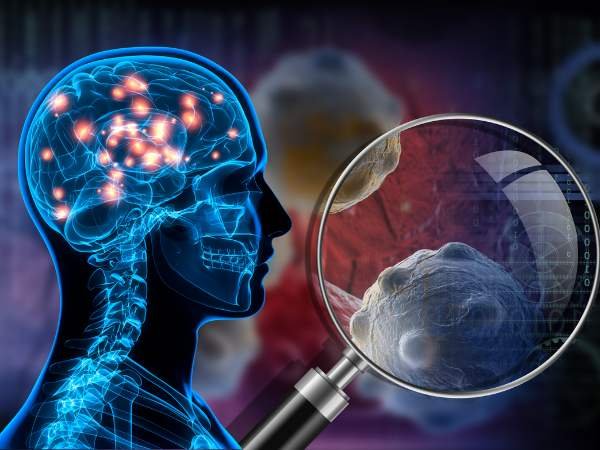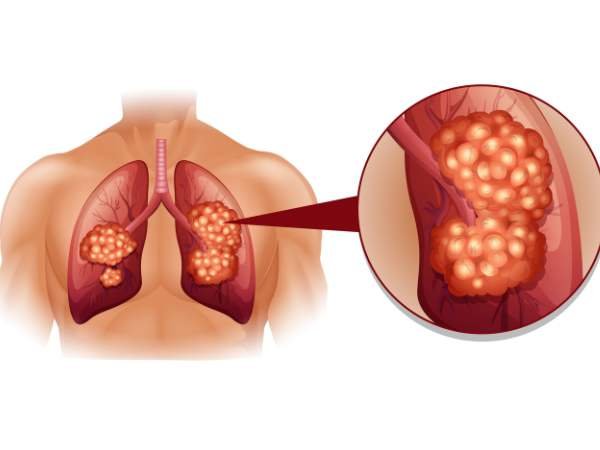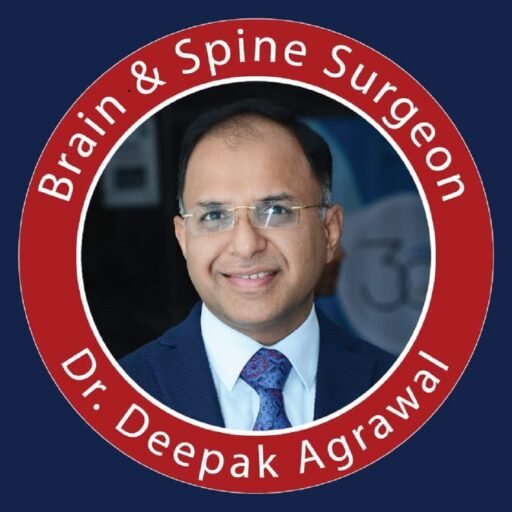Topics
Table of Contents
Different Types of Cancer in the Body: Causes, Symptoms, and Treatment
Author: Prof. (Dr.) Deepak Agarwal, Professor of Neurosurgery, AIIMS, New Delhi
You will learn:
- Which symptoms may be a warning sign of cancer
- Which tests are necessary
- Modern treatments and new technologies
- How early detection can save lives
Introduction
I am Dr. Deepak Agarwal, Professor of Neurosurgery, AIIMS, New Delhi. Today we will discuss different types of cancer in the body. Previously, cancer cases were rare due to low life expectancy, but now the average age has reached 70–80 years. This is why cases of brain cancer, lung cancer, breast cancer, and prostate cancer have increased. In this article, I will share information about the symptoms, causes, and modern treatments for these major cancers based on my experience.
1. Brain Cancer

- At what age does it occur? At any age, but it is most common between 40 and 70 years of age.
- Symptoms: Headache, vomiting, vision loss, and weakness in the arms and legs.
- Test: Contrast MRI brain.
- Treatment:
- Surgical removal of the tumor, if possible.
- Biopsies, chemotherapy, or radiotherapy if the tumor is in a sensitive area.
- Modern techniques, such as Gamma Knife radiosurgery, allow for treatment without incisions.
The good news is that most brain tumors are treatable, and patients can live normal lives.
2. Lung Cancer

- Causes: Smoking, pollution, genetic factors, chronic illnesses.
- Symptoms: Persistent cough, coughing up blood.
- Tests: X-rays, CT scans, MRIs, CT-guided biopsies.
- Treatment: Immunotherapy, chemotherapy, and radiotherapy.
People who quit smoking often have their cancer risk reduced to normal within 5–10 years.
3. Breast Cancer

- Who does it affect? Predominantly in women, but it can also affect men.
- Reasons for the increase in India: Fewer childbearing and lack of breastfeeding.
- Risk Factors: 1 in 10 women are likely to develop it.
- Prevention:
- Breastfeeding.
- Periodic self-examination.
- An annual check-up with a doctor.
- Treatment: Surgery (Modified Radical Mastectomy), chemotherapy, immunotherapy, radiotherapy.
Modern treatments allow women to live a normal life.
4. Prostate Cancer

- Who does it occur in? Only men, especially those over 50.
- Testing: PSA (Prostate Specific Antigen) blood test, biopsy.
- Treatment: Surgery, chemotherapy, radiotherapy, hormone therapy.
- Feature: It is a hormone-sensitive tumor. Testosterone-lowering medications control the tumor.
With proper treatment, patients can live comfortably for 10–20 years.
Conclusion
Cancer treatment is more effective today than ever before. The key is early diagnosis, meaning timely diagnosis and treatment. If you experience the symptoms mentioned, consult a specialist doctor immediately.
📍 Dr. Deepak Agrawal (Prof. Neurosurgery, AIIMS Delhi) aims to ensure everyone has access to accurate and reliable information so that timely cancer treatment is possible.
Full Article: 4 सबसे खतरनाक Cancer: Brain, Lung, Breast & Prostate | लक्षण, जांच और इलाज | TV Health
About Dr Deepak Agrawal
Deepak Agrawal born 10 November 1970, is a professor neurosurgery at All India Institute of Medical Sciences, New Delhi is one of the top 10 surgeons in the neurosurgery. During his stint as chairman computarization, he transformed the ICT processes at AIIMS, New Delhi and also helped patients in All India Institute of Medical Sciences, New Delhi to get a Unique Health Identification (UHID), which documents their entire journey in the hospital. He also pioneered stem cell research in Spinal cord injury in India. Dr. Agrawal has pioneered DREZotomy technique for neuropathic pain in India and has refined the procedure to make it safer and more accessible to patients. [Wikipedia: Deepak Agrawal]
